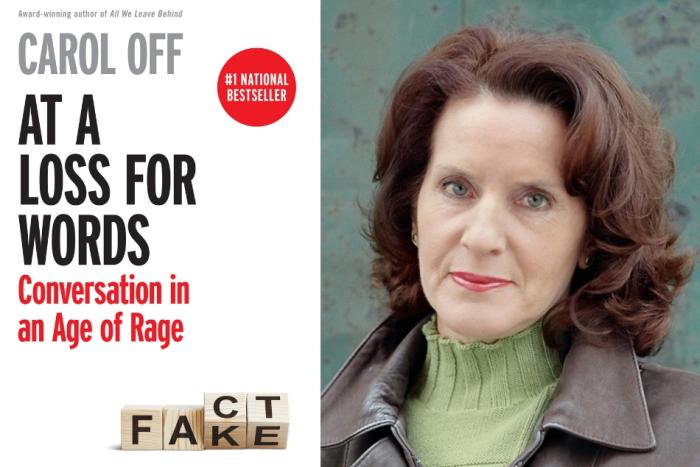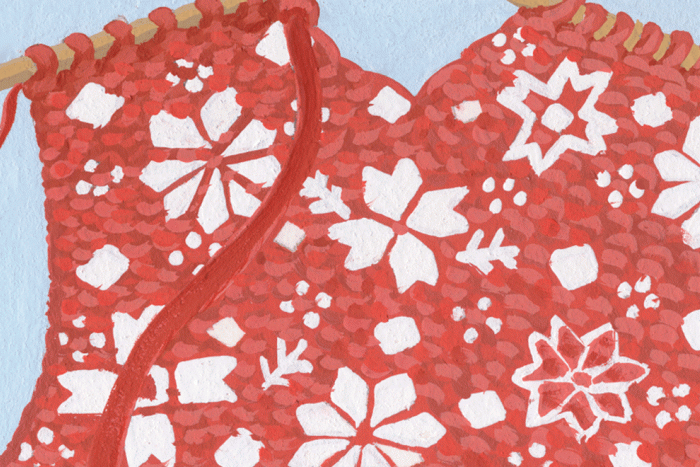Fifteen minutes into Michelangelo Antonioni’s L’avventura (1960), you sense that this is a movie about lying adults. Anna (played by Lea Massari) is on a yacht cruise with a group of friends near an abandoned island off Sicily. She is lolling about the waves in her swimsuit when she cries that she has spotted a shark. Sandro (Gabriele Ferzetti), her architect boyfriend, rushes to her aid and escorts her safely back to their boat. Anna and her best friend Claudia (Monica Vitti) are drying themselves when Anna admits that she didn’t see anything in the water: there was no shark. “Why did you lie?” Claudia asks. “Just because,” Anna shrugs. “I don’t even want to know why you do these things,” Claudia replies. “It’s Sandro, I suppose.”
Moments later, everyone forgets about the shark when Anna disappears from the island. A search party is dispatched from the mainland, but they fail to find either Anna or her body along the rocky shores. Sandro and Claudia stay on the island overnight, just in case Anna turns up in the morning. Claudia’s anguish is only partly about her missing friend: there is also the question of how long she should wait before pairing up with the boyfriend. They kiss, of course, and then travel along neighbouring coastal towns, ostensibly to follow up on leads about Anna, but really so they can consummate their affair. “You’re mine,” she whispers at one point, while necking with Sandro in an open field. The next moment you see a train chugging along in the distance. You wonder if Sandro and Claudia secretly desired each other all long, and also if Antonioni was perchance inspired by the train sequence in Satyajit Ray’s Pather Panchali. But you don’t wonder, not once, about Anna.
Reflecting on the process of writing his famous poem The Raven, the American writer Edgar Allan Poe once wrote that his intention was to create something sad:
I asked myself— “Of all melancholy topics what, according to the universal understanding of mankind, is the most melancholy?” Death, was the obvious reply. “And when,” I said, “is this most melancholy of topics most poetical?”…“When it most closely allies itself to Beauty: the death then of a beautiful woman is unquestionably the most poetical topic in the world, and equally is it beyond doubt that the lips best suited for such topic are those of a bereaved lover.”
Antonioni’s achievement in L’avventura was to make a melancholy movie about a missing girl while simultaneously making us forget about her disappearance. Sandro is too dressed up for a grieving boyfriend. Much like bad prose, his gormless suits draw far too much attention to themselves. In a vulnerable moment, Claudia laments the fact that he once used to tell Anna the same things he keeps telling her now. “Let’s say I did,” Sandro replies. “I was in earnest with her as I am now with you.”
In his next film La Notte, Antonioni was earnest about death—earnest about its brute certainty. In the opening scene, Giovanni (Marcello Mastrianni) and his wife Lidia (Jeanne Moreau) visit their terminally ill friend, Tommaso (Bernhard Wicki), in a hospital in Milan. Giovanni, a writer, has just published a slim poetic novel. Tommaso studied literature to escape his working-class roots, but now he wonders if he became a critic because he “lacked the courage to go all the way.” The talk in the room veers from pending royalties to Adorno. Wanting to have one last literary soiree, Tommaso orders a bottle of champagne on his hospital bed.
From that point on, the film becomes a treatise on a long marriage and its discontents. Lidia excuses herself and gets out of the hospital ward, unable to hold back her tears. Giovanni follows soon after, but not before kissing a female patient on his way out. Husband and wife then head to the former’s book launch, where Lidia again feels ill at ease. This time she heads out to the outskirts of the city and watches a group of kids firing rockets in an open field. Later that night, the couple end up at an opulent party thrown by a local business mogul. Lidia sees Giovanni kissing the host’s daughter, Valentina (played by Vitti again), but her face doesn’t betray any emotion: it is almost as if she, too, is watching a movie.
“I called the hospital earlier,” Lidia informs Giovanni the next morning. “Tommaso died.” And suddenly her distant behaviour at the party makes more sense. Tommaso was the one person who’d listen when she talked about her own problems. Her husband was always too self-absorbed: “You talked to me only about yourself,” she reminds him. Antonioni once again makes us forget about a character’s demise, but this time a woman isn’t killed off to ram his melancholy point home. Lidia and Valentina are fully conscious of how interchangeable they are to a man looking to get out of a depressive funk. There is a moment when Lidia rushes back indoors after getting soaked in the rain and Valentina passes her a towel to dry off. “I’d rather you not fuss over me,” Lidia protests. “Let’s not pretend we share some special bond.” And yet they are paired together, at least from Giovanni’s point of view. You wonder if he is telling Valentina the same things that he once told Lidia.






